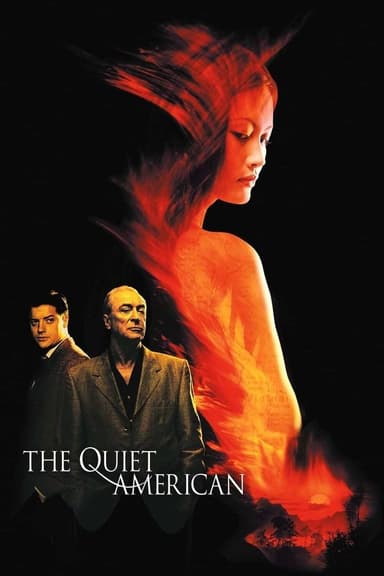
The Ipcress File
1965 • Thriller
Sly and dry intelligence agent Harry Palmer is tasked with investigating British Intelligence security, and is soon enmeshed in a world of double-dealing, kidnap and murder when he finds a traitor operating at the heart of the secret service.
Runtime: 1h 49m
Why you should read the novel
Len Deighton’s original novel, The Ipcress File, offers a far deeper dive into its protagonist’s mind than the film adaptation ever could. With sly wit and complex plotting, the book immerses readers in a murky world of British intelligence, revealing the quirks, doubts, and detailed observations of its nameless narrator—many of which the movie simply hints at.
Reading the novel grants you a greater appreciation for the intricacies of spycraft that can get lost on screen. Deighton’s prose allows for subtle character development and layered depiction of 1960s London, providing historical background and personal insight not available in a two-hour film.
Most importantly, The Ipcress File book invites you to become the spy, puzzling out mysterious documents and veiled references alongside the protagonist. Deighton’s understated suspense and dry humor make for a unique literary experience you simply won’t find by watching the movie.
Adaptation differences
One notable difference between the novel and the film is the treatment of the main character. In Deighton’s book, the protagonist is nameless, referred to only as 'Harry' by his boss, whereas the movie explicitly names him Harry Palmer and fleshes out a more defined backstory and personality for Michael Caine’s portrayal. This shift gives the film’s Palmer a distinct identity, while the novel allows readers to project more onto the character.
The structure and pacing differ significantly as well. The novel offers more intricate detail regarding the intelligence world, featuring subplots and narrative complexity that the film streamlines or omits for pacing. As a result, the book’s plot is more ambiguous and cerebral, while the movie delivers a tighter, more action-driven narrative with a focus on visual storytelling and suspense.
A key aspect altered for the screen is tone. Deighton’s text relies on sardonic humor and dry, understated reporting of events, letting the bureaucracy and psychological grind of espionage come through in the narrative’s texture. The film, while retaining some of this wit, chooses a more visually stylized and overtly dramatic presentation, making the espionage lifestyle appear at once mundane and cinematically tense.
Lastly, certain characters and relationships are either condensed or changed in the film adaptation. Some supporting figures in the book are combined or eliminated, and the complexities of their double-crosses and divided loyalties are simplified. This makes the movie more accessible but loses some of the novel’s slow-burn intricacy and ambiguity, making for two distinctly different experiences.
The Ipcress File inspired from
The Ipcress File
by Len Deighton











